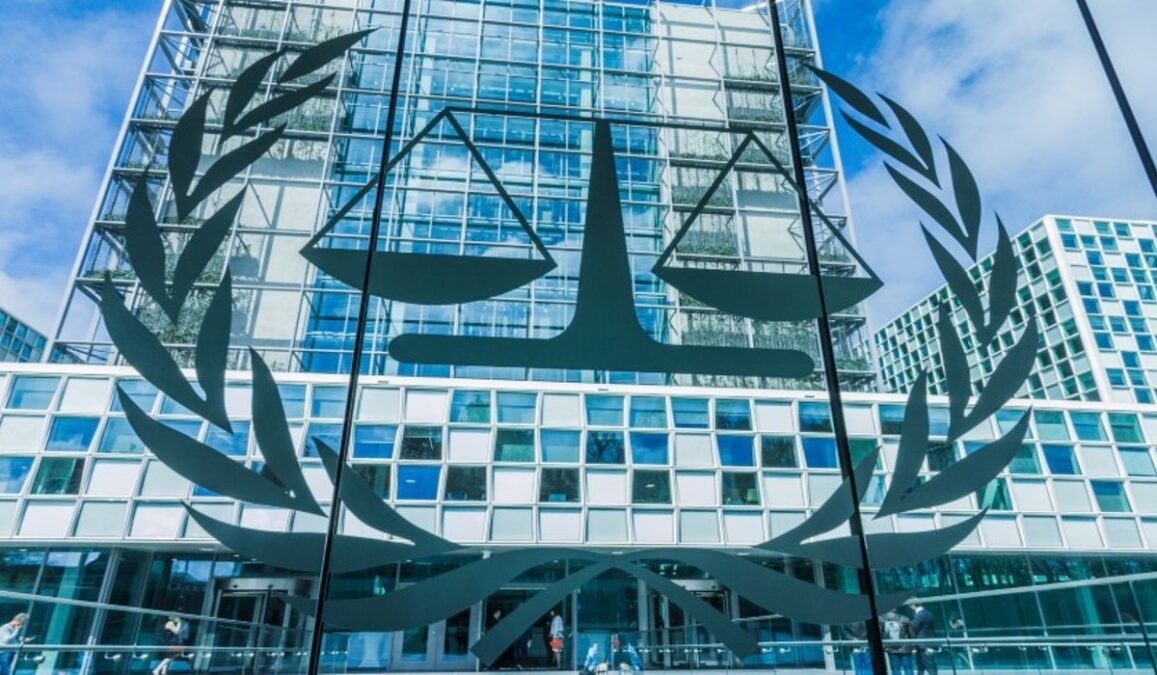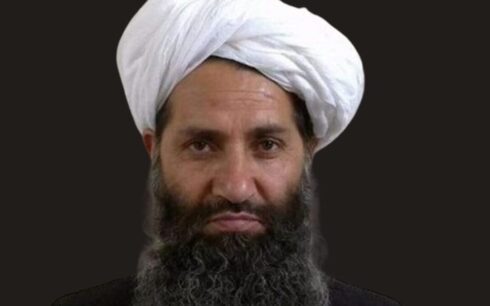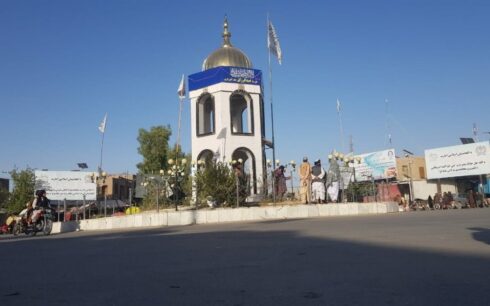GENEVA — United Nations human rights experts on Friday welcomed the International Criminal Court (ICC) Prosecutor’s application for arrest warrants against Taliban leader Hibatullah Akhundzada and their chief justice Abdul Hakim Haqqani, calling it a “historic moment”.
“This is a critical step forward in the pursuit of justice for crimes against humanity committed against Afghans,” the experts said in a joint statement. “It sends an important signal to the Taliban that its leadership may face arrest and trial for international crimes, including gender persecution.”
The experts, including Richard Bennett, Special Rapporteur on the situation of human rights in Afghanistan, and members of the U.N. Working Group on discrimination against women and girls, emphasized the significance of this move for Afghan women, girls, and LGBTQI+ individuals.
“The ICC’s action demonstrates that the discriminatory and misogynistic policies enforced by the Taliban are not only unacceptable but may constitute serious crimes under international law,” they said. “This marks a historic moment, recognizing that crimes based on gender also encompass those tied to sexual orientation, gender identity, and expression.”
The statement also highlighted the importance of accountability for gender-based crimes, which the experts said have long been overlooked despite being codified in the Rome Statute.
The experts urged the ICC Prosecutor to pursue additional arrest warrants promptly and called on member states to support the Court in its mandate to hold perpetrators accountable.
“Today’s long-awaited action shows the ICC’s critical role in upholding international justice where domestic mechanisms have failed,” the statement concluded, stressing the need for comprehensive accountability for decades of atrocities committed by multiple parties in Afghanistan.
The application for arrest warrants will now be reviewed by the ICC’s Pre-Trial Chamber to determine whether there is sufficient evidence to proceed.





